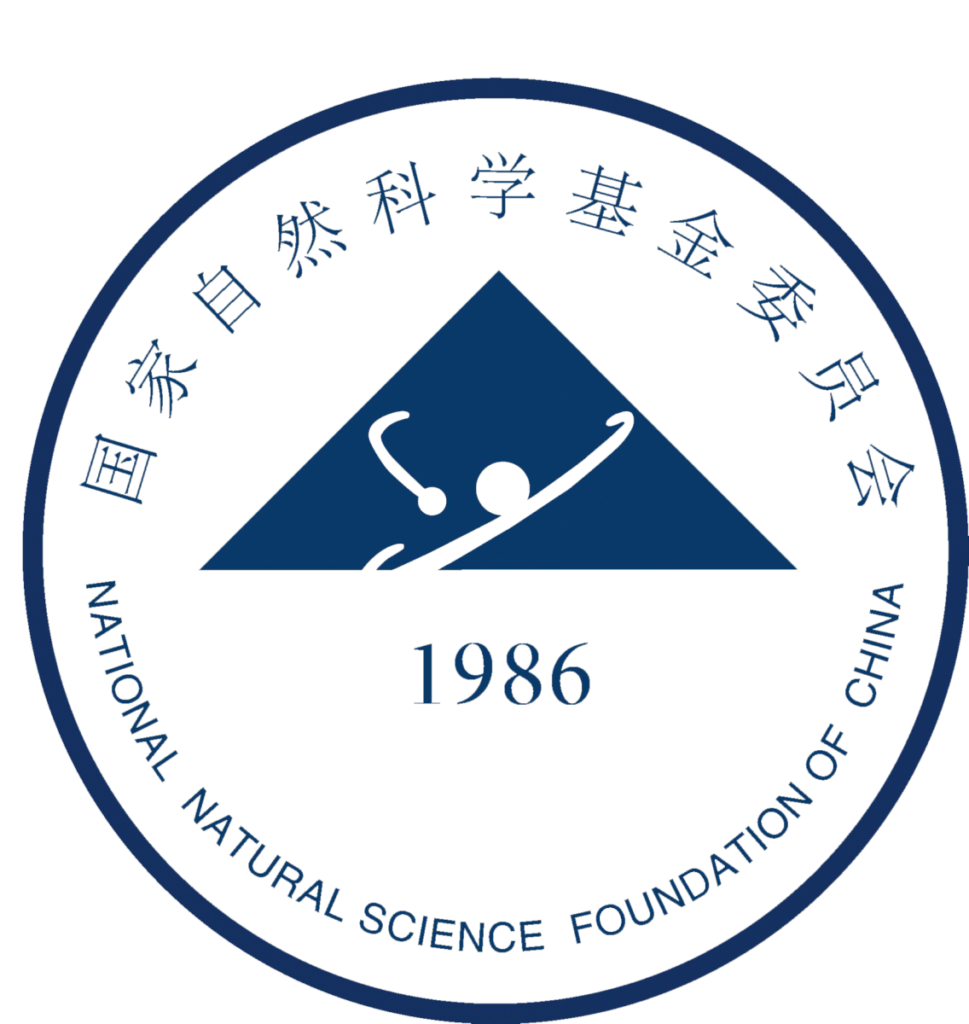The organization responsible for allocating basic research funding in China has issued misconduct findings against 26 researchers for violations ranging from breach of confidentiality to image manipulation, plagiarism, and buying and selling authorship.
The National Natural Science Foundation of China, or NSFC, released the results of 15 misconduct investigations on April 11. Several of the investigations involved teams of researchers and many included specific published papers, 53 in total. China has been taking steps to crack down on academic fraud, calling last year for a review of all retracted articles in English- and Chinese-language journals.
Penalties for the researchers ranged from bans on applying for funding or serving as a reviewer, to having research funding revoked — which includes having to return funds already dispersed. In most cases, the restrictions on applying for funding were for three to seven years.
One of the investigations also called out a university: Inner Mongolia University for Nationalities, which “has problems with negligence in managing scientific research misconduct committed by its personnel and failing to perform its duties in the process of investigating and handling scientific research misconduct,” a translation of the investigation report states.
The investigating committee ordered the school “to fully implement its main responsibilities for building scientific research integrity,” the report states.
The Mongolia investigation named five researchers, calling them out for a variety of violations. The report lists 10 papers on which some or all of them were coauthors.
- Chengxi Wei “had problems with buying and selling experimental data, fabricating research processes, and improper authorship,” a translation of the report states. Wei had two projects revoked and is permanently banned from NSFC projects.
- Guohua Gong, Fengmao An and Bin Zhang were “responsible for the problems of buying and selling experimental data and fabricating the objective results of the research process in the relevant papers, as well as the abuse of project funds.”
- Danni Fu “bears corresponding responsibility for the objective results of misuse of funds in related projects, and bears corresponding responsibility for the objective results of buying and selling experimental data and fabricating research processes in related papers,” the report states.
Other investigations determined researchers were involved in buying and selling authorship.
- Kebin Chen and Lei Chen, both at hospitals in Shandong, “had problems such as buying and selling papers, entrusting others to submit papers, and arbitrarily marking other people’s scientific fund projects,” the report states. It also mentions a paper on which they were both authors.
- A Beijing university student, Xu-He Gong, “engaged in the buying and selling of experimental data” and used the data to publish a paper, the report states.
Several investigations looked into the classic misconduct issues of image manipulation and plagiarism.
- Nanchang University researcher Li Gan plagiarized images in a published paper, according to the report.
- A different investigation into 16 papers found images that were “used in a confusing and improper manner.” Two of the papers “use other people’s signatures without consent,” and two others showed “unauthorized labeling of other people’s scientific fund projects,” the report states. Four researchers from Guangxi institutions, Xing Lin, Jinbin Wei, Hongliang Zhang and Quanfang Huang, were named in the investigation.
- Yan Chen of Liaoning University plagiarized other people’s work in five papers, the report states, and used other people’s signatures without consent.
- Bo Tang and Liming Wang reused and manipulated images in seven different papers, the report states.
- A paper by Huazhong University of Science and Technology researchers Wei Zhou, Tao Liu, and Yongfeng Li “contained plagiarism, forgery and tampering,” the report states.
- Ten papers by Zekuan Xu of Nanjing Medical University had “had many identical images but represented different meanings.”
- A paper that included Jian Zhou of Hainan Medical University took an image from another paper, the report states. Zhou also “also provided false statements and experimental records compiled afterwards during the investigation,” the report states.
The remaining investigations found violations related to the project review and application process.
The NSFC publishes the reports periodically “in accordance with relevant regulations,” the report states. The organization awarded nearly $5 billion in project funds in 2023.
Like Retraction Watch? You can make a tax-deductible contribution to support our work, follow us on X or Bluesky, like us on Facebook, follow us on LinkedIn, add us to your RSS reader, or subscribe to our daily digest. If you find a retraction that’s not in our database, you can let us know here. For comments or feedback, email us at [email protected].

By my count, of the 27 papers not yet retracted, Dr. Wafik el-Deiry (https://bsky.app/profile/weldeiry.bsky.social and https://x.com/weldeiry) is journal Editor-in-Chief or Associate Editor-in-Chief on 8 ( or~30%).